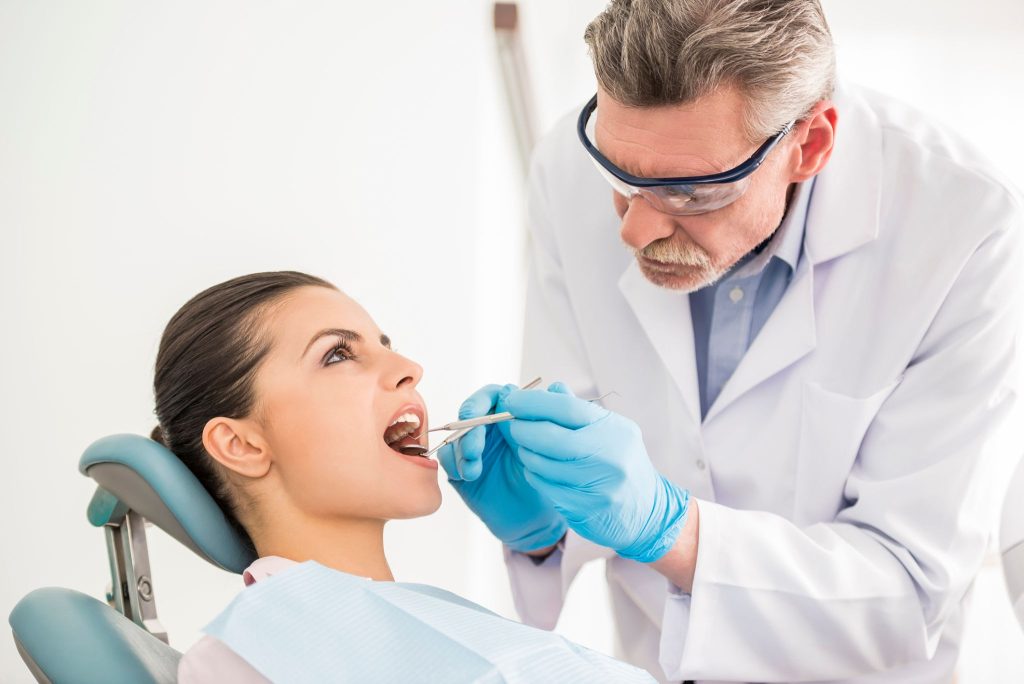
10 Urgent Signs You Need to See a Dentist Immediately
At Gloss Dental, we emphasize the importance of regular dental checkups, but some dental issues require immediate attention. Ignoring these problems can lead to severe complications and more complex treatments. Here are ten critical signs that indicate you need to see a dentist right away. Recognizing these symptoms early can help you maintain your oral health and prevent further issues.
1. Persistent Toothache
A persistent toothache is a clear sign that something is wrong. Temporary discomfort can sometimes be managed with over-the-counter pain relief, but a toothache lasting more than a day or two should not be ignored. Toothaches can result from cavities, infections, gum disease, or even a cracked tooth. Early diagnosis and treatment can prevent the condition from worsening.
2. Swollen or Bleeding Gums
Swollen, red, or bleeding gums, especially during brushing or flossing, often indicate gum disease. Gingivitis, the early stage of gum disease, can be treated effectively if caught early. Left untreated, it can progress to periodontitis, a more severe form that can lead to tooth loss. If you notice unusual gum symptoms, see a dentist promptly.
3. Loose or Shifting Teeth
Adult teeth should be permanent. If you notice any of your teeth becoming loose or shifting, it could be due to advanced gum disease, trauma, or bone loss. Immediate dental attention is crucial to determine the cause and prevent further damage.
4. Persistent Bad Breath or Unpleasant Taste
Occasional bad breath is common, but persistent bad breath (halitosis) or a constant unpleasant taste can indicate an underlying dental issue like gum disease, cavities, or infections. A dentist can diagnose the cause and recommend appropriate treatment.
5. Tooth Sensitivity
Sudden or severe sensitivity to hot, cold, or sweet foods and drinks can be more than just a minor annoyance. It can indicate tooth decay, worn enamel, exposed tooth roots, or a cracked tooth. A dentist can identify the cause of your sensitivity and provide treatments such as fluoride applications, bonding, or other restorative procedures.
6. Sores or Lesions in the Mouth
Sores, ulcers, or white or red patches in your mouth that don’t heal within a week or two should be evaluated by a dentist. These could be signs of an infection, a fungal condition, or even oral cancer. Early detection and treatment of oral cancer significantly increase the chances of successful treatment.
7. Jaw Pain or Clicking
Jaw pain, especially if it’s accompanied by clicking, popping, or difficulty opening and closing your mouth, can be a sign of temporomandibular joint disorder (TMJ). TMJ can cause significant discomfort and interfere with daily activities like eating and speaking. A dentist can diagnose TMJ and recommend treatments such as bite guards, physical therapy, or other interventions to alleviate the pain.
8. Dry Mouth
Chronic dry mouth, or xerostomia, can lead to several oral health issues, including an increased risk of cavities, gum disease, and bad breath. It can be caused by certain medications, medical conditions, or dehydration. If you experience persistent dry mouth, it’s important to see a dentist to determine the cause and receive appropriate treatment to protect your oral health.
9. Broken or Chipped Teeth
If you break or chip a tooth, see a dentist immediately, even if you’re not experiencing pain. Broken teeth can expose the inner layers to bacteria, leading to infection or decay. A dentist can repair the damage with treatments such as bonding, veneers, or crowns, restoring both function and appearance.
10. Changes in Your Bite
Sudden changes in the way your teeth fit together when you bite or chew can indicate a serious dental issue. This could be caused by shifting teeth, TMJ, or other underlying conditions. It’s crucial to see a dentist to identify the cause and prevent further complications.
Additional Considerations
- Dental Trauma: Any trauma to the mouth, such as from an accident or injury, requires immediate dental attention, even if there’s no visible damage. X-rays and a thorough examination can ensure that there’s no hidden damage.
- Unusual Growths: Any lumps or unusual growths in your mouth should be examined by a dentist promptly. While many growths are benign, early detection is key to successful treatment of any potentially serious conditions.
Need Dental Care You Can Depend On?
Recognizing the signs that indicate you need to see a dentist immediately can save you from more serious dental problems and complicated treatments. At Gloss Dental, we’re dedicated to providing prompt, professional care to address any dental issues you may experience. If you notice any of these signs, don’t hesitate to contact us and schedule an appointment. Your oral health is our priority, and we’re here to help you maintain a healthy, beautiful smile.


